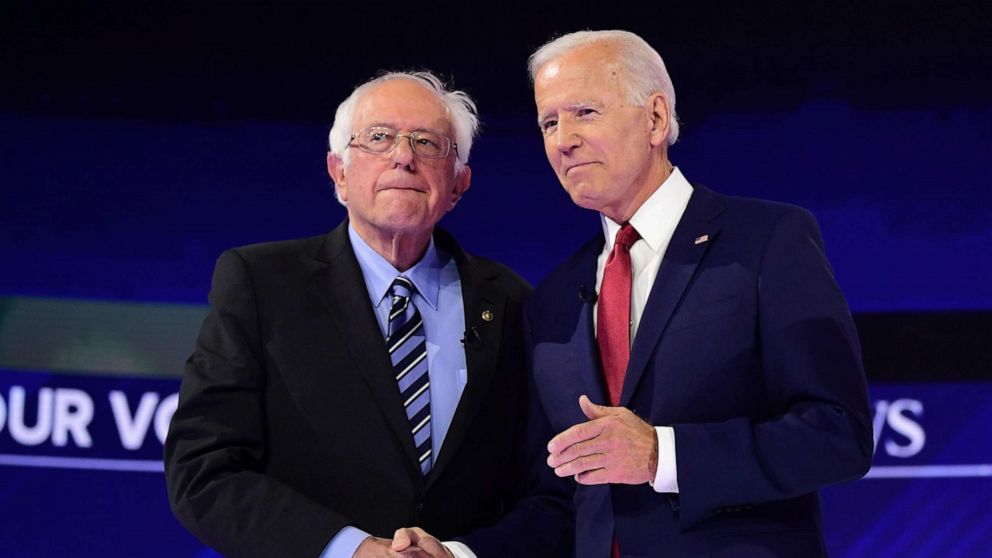3rd round of Democratic debates sees a changing leaderboard: ANALYSIS
This moment was always going to be a turning point in the campaign. The Democratic National Committee promised six presidential primary debates this year, and half are now officially in the rear-view mirror.
The busy field has narrowed and the candidates know that with summer over and school and Congress back in session, voters tune in differently for the fall. Dialing in now, a Democratic voter would see a race already steeped in deep policy-focused discussions.
While the summer started with former Vice President Joe Biden and Sen. Bernie Sanders as the front-runners -- and thus the targets for their fellow candidates -- the first half of this year's debates left the field slightly shaken.
Biden still remains the steady front-runner in early national polls, but his hefty lead has been considerably shaken. With one exception, the candidates backed off on aggressive and more personal attacks on him in this latest debate.
Thursday night in Houston put Biden between the two powerhouse progressives for the first time, and right off the bat, he did not hesitate to lean into his differences with the two of them on health care, where, across the field, there are clearer and more fundamental divides about what the role and size of the federal government should be and how much a president should work to restructure entire parts of the economy.
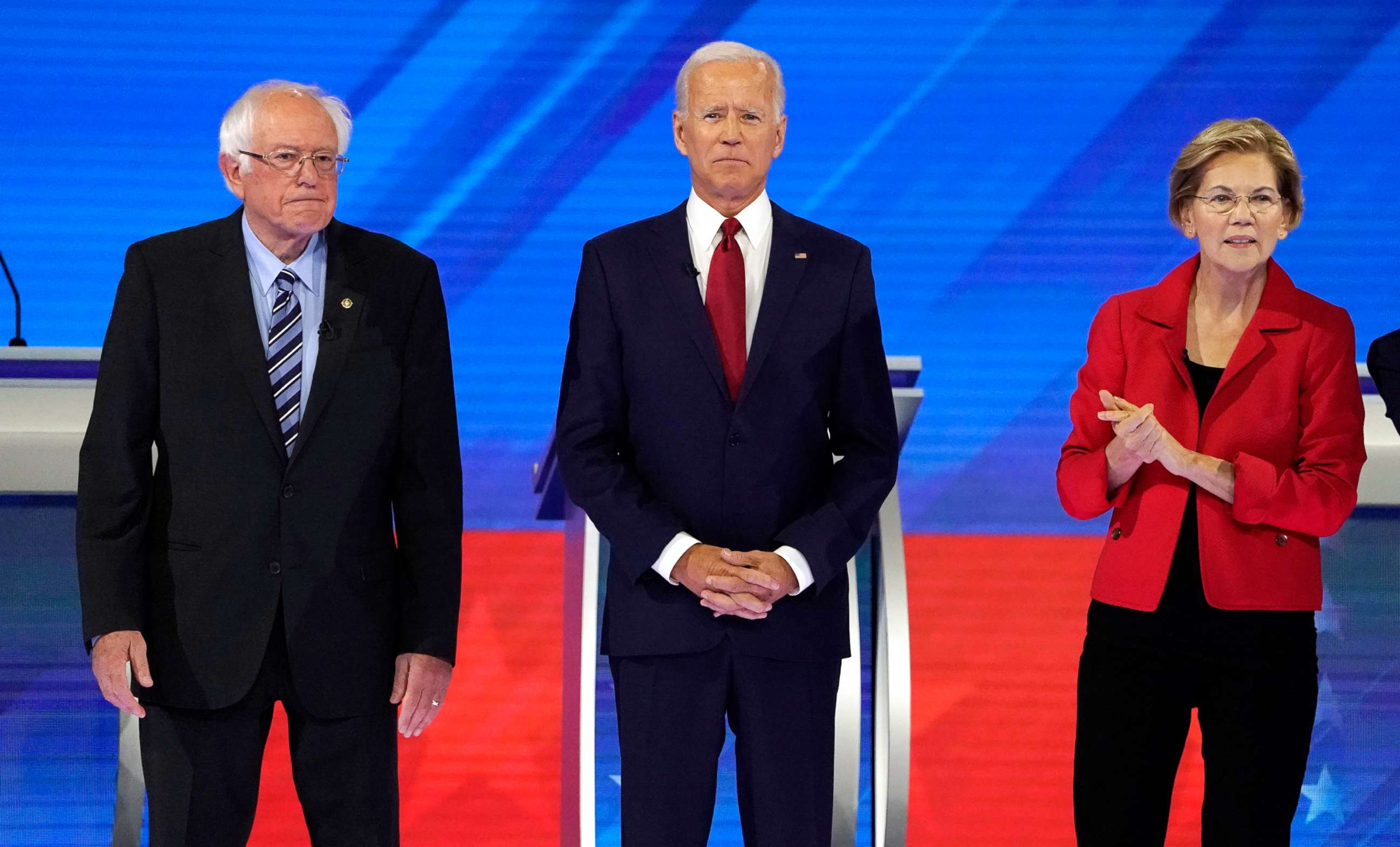
Warren has supported Sanders' single-payer "Medicare for All" plan and Biden addressed them together in his first answer, saying he disagrees with them on the premise of their plans and questions how they'd pay for it.
As he "wrote the damn bill," Sanders took serious incoming on health care -- not only from Biden, but also from Sen. Amy Klobuchar and Mayor Pete Buttigieg -- and in very Sanders-style fashion, he defended it to the end.
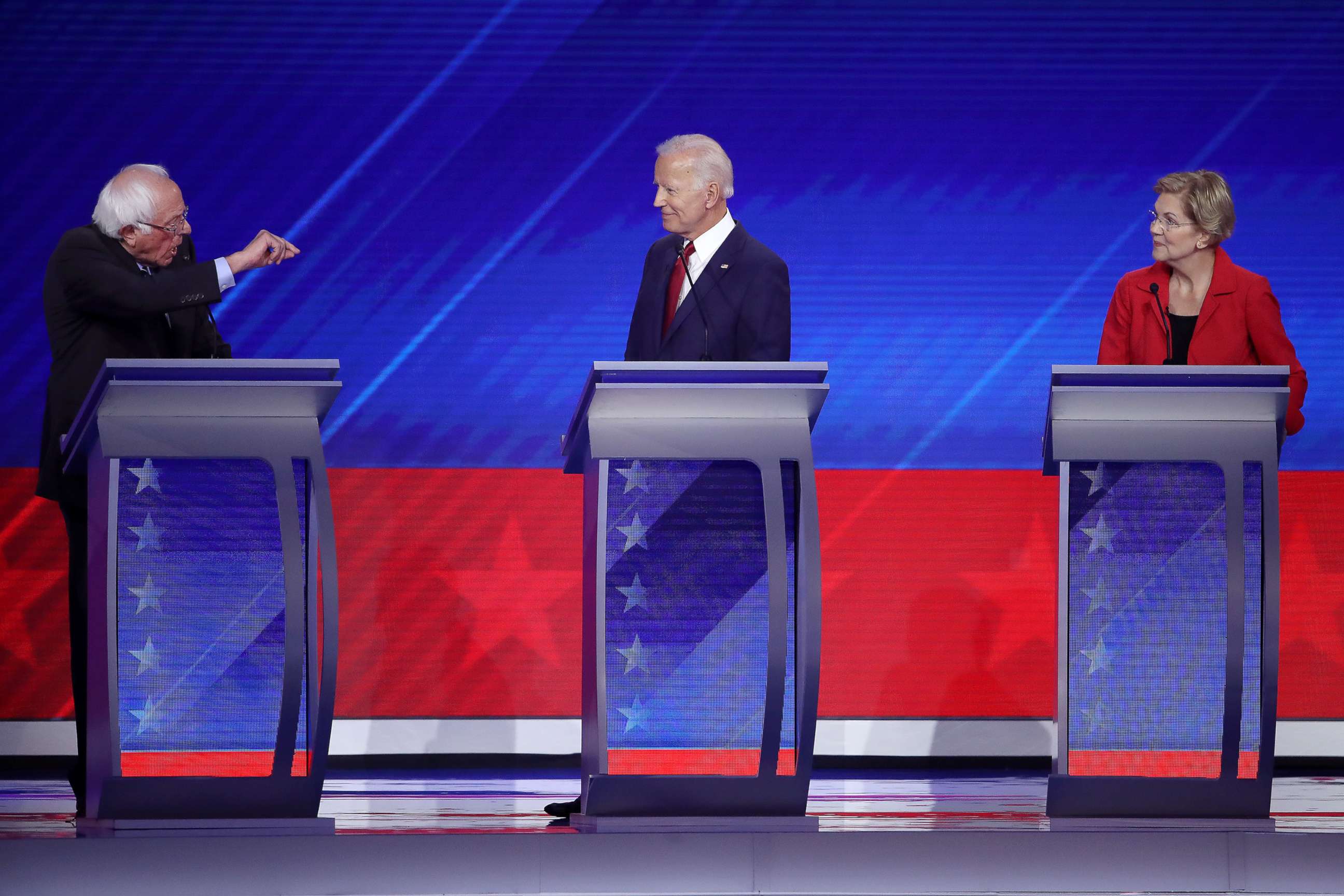
But would it be enough to change the direction of his campaign? Sanders came into this race with popularity and a legacy ground-game after his first bid in 2016. But the summer was a scorcher for his momentum.
Despite his formidable fundraising, his toughest competition in this race seemed to change. In the last three months, Warren, his friend and closest ally on the stage, jumped 6% between the last two ABC News/Washington Post polls and sailed into fall with the wind at her back, while Sanders has struggled to show what the next step of his campaign will be.
Though he chose not to directly challenge Warren, Sanders did seem more comfortable with his critiques of Biden Thursday. He lobbed lines about the former vice president's Iraq War vote and past record on trade. Still, he struggled to bring any new contrasts with the former vice president to the table and since Biden started the night welcoming a fight, the lines from Sanders seemed to lack punch in the room.
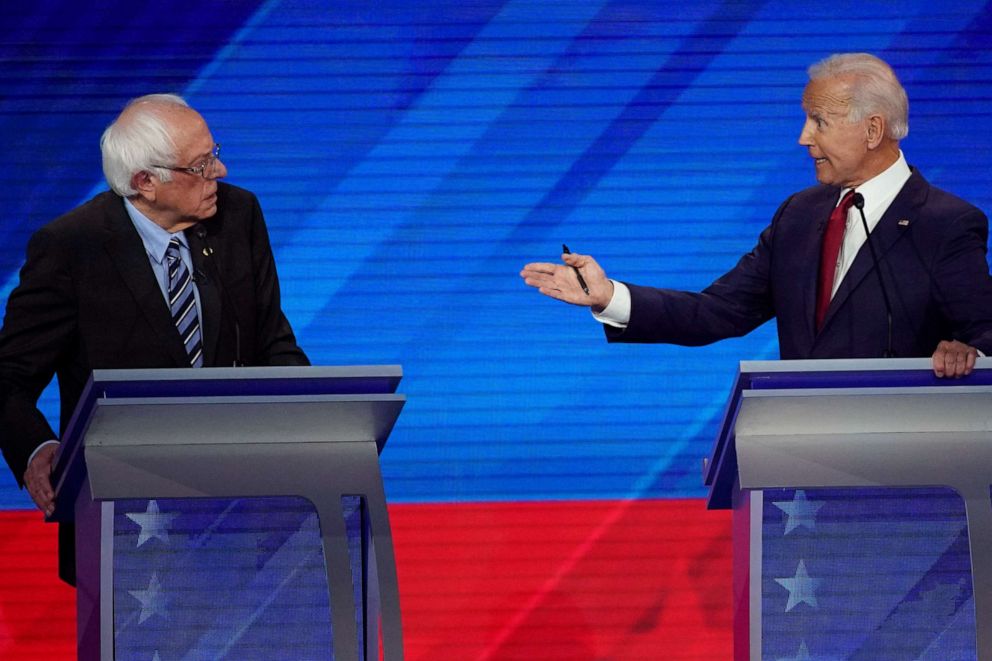
Biden seemed sturdier and more comfortable in this third debate compared to the previous two, though a line about how parents should have the "record player" on at night, amid a convoluted answer, did not help hide his age.
Still, one of the buzziest moments seemed to break in his favor. Former Housing and Urban Development Secretary Julian Castro took a veiled jab at his age and whiffed. Politically, the moment seemed to backfire and left Castro more bruised.
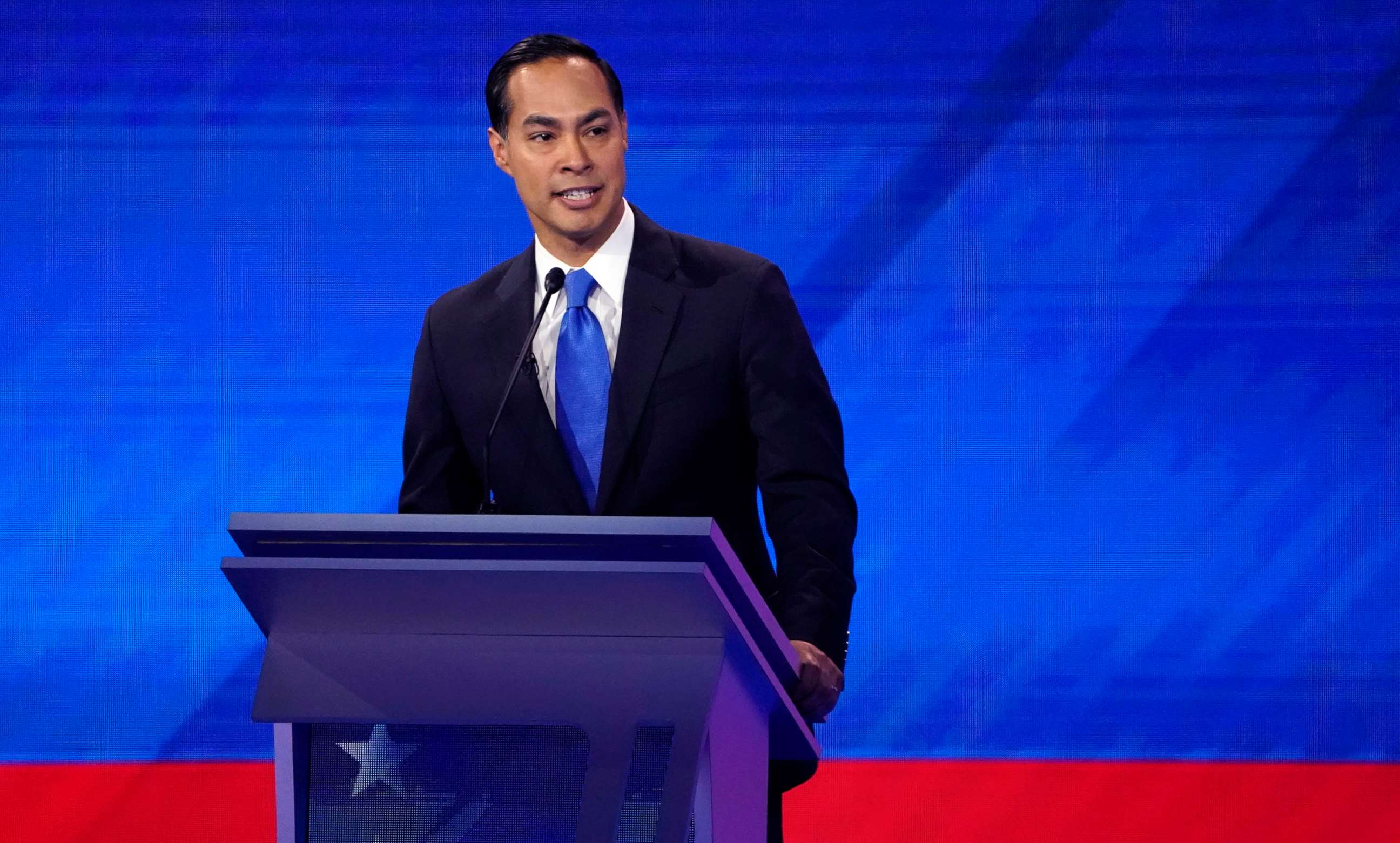
The other Texan onstage had one of his best nights of the race as former Congressman Beto O'Rourke was praised by fellow candidates and the audience alike due to his handling of the El Paso shooting and a strong answer on guns.
Just as O'Rouke's breakthrough came while defending a policy choice, the debate continued to show an engagement on issues from the pack. Of course, voters tend to make their final decisions based on something more intangible about candidates -- how they inspire or motivate -- but for now, so much of what is making headlines is based upon ideas about major public policy choices.
